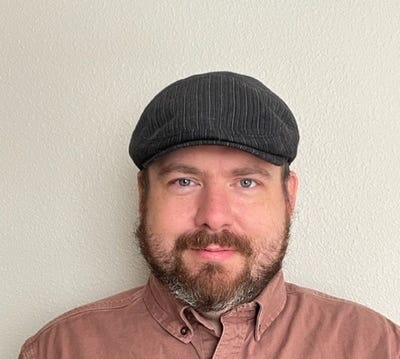
US President Donald Trump has made the imposition of tariffs a major part of his platform, both before he was elected and since his inauguration. He has promised to tax goods imported from China, Canada, and Mexico. Although he has delayed tariffs from the former two countries after speaking with their respective leaders, their threat of passage remains dangling above the heads of companies that do business between the US and those countries.
In the past few months, pharmaceutical developers, manufacturers, and suppliers have chimed in about how US tariffs stand to affect business. At the JP Morgan Health Conference in January, Thermo Fisher Scientific’s CEO Marc Casper downplayed the issue for his company while acknowledging its effect on the industry as a whole. “Whichever tariffs happen, we will be well positioned given our global footprint to navigate that as effectively or more effectively than anybody.”
Regarding China he said, “We are the largest player in China, but we actually have half the exposure of the industry. So, the average company in the space has about 15% exposure to China.”
During a Q1 2025 conference call, Emily Leproust, CEO of biotechnology company Twist Bioscience acknowledged the problems that some companies will have manufacturing and sending DNA products across borders to the US. “Our competitors that produce outside of the US, usually they come directly from China. They will have to pay the 10% tax on DNA from China plus the 6.5% tax that was there before and without the de minimis rules.” Although she said that Twist Bioscience is insulated from issues its competitors might face, she acknowledged that retaliatory tariffs from Canada will cause further expenses for companies if current suspensions are lifted.
Merck & Co. CFO Caroline Litchfield answered a question about tariffs during Tuesday’s Q4 results call, stating that the company has little manufacturing in China, Canada, and Mexico where tariffs have been enacted or threatened. “We'd expect a very immaterial impact from tariffs that were proposed over the weekend for those countries,” she said. “We will continue to assess the situation based on the different tariffs that are being proposed by the US government but remain confident in our supply chain and our ability to supply our medicines and vaccines around the world.”
Christophe Weber, president and CEO of Takeda briefly acknowledged the state of geopolitics and the threat of tariffs without naming Trump’s policies explicitly. “Will there be tariffs, for example, impacting pharmaceutical medicines? It could be. And obviously, at Takeda, we have a manufacturing network focused on the US, Europe, Singapore, and Japan. It’s a global network, which was built on the premise of free trade.”
About the Author
You May Also Like






